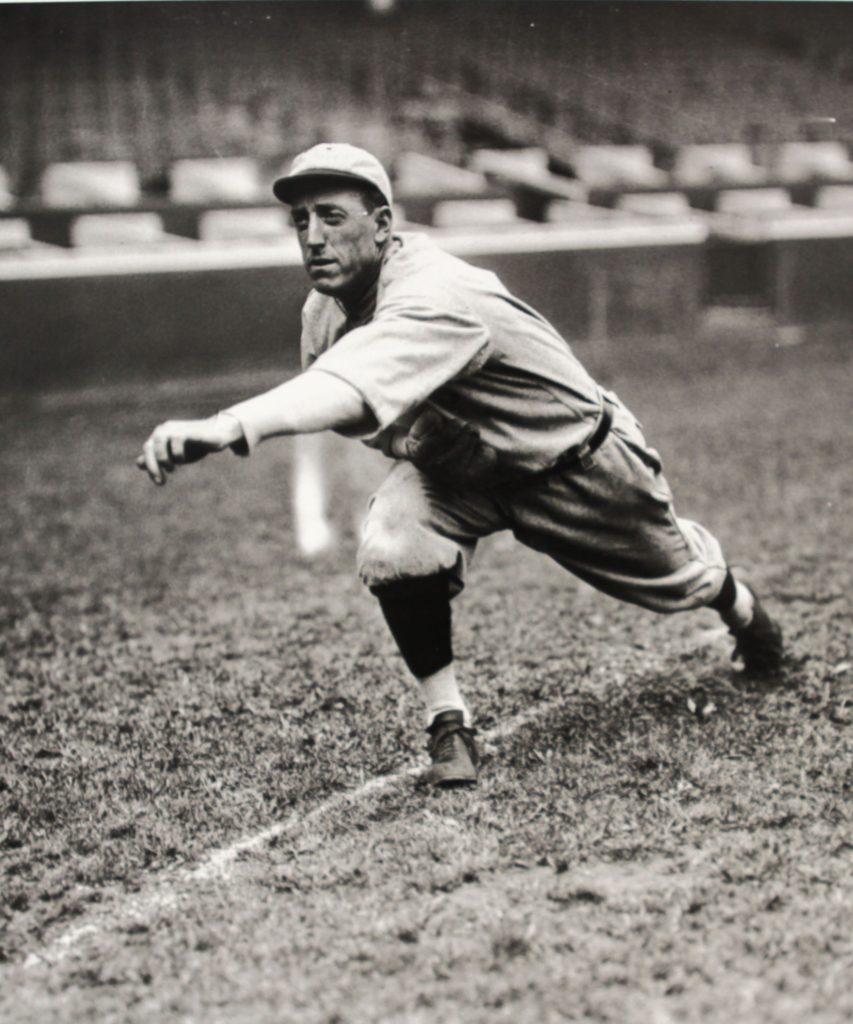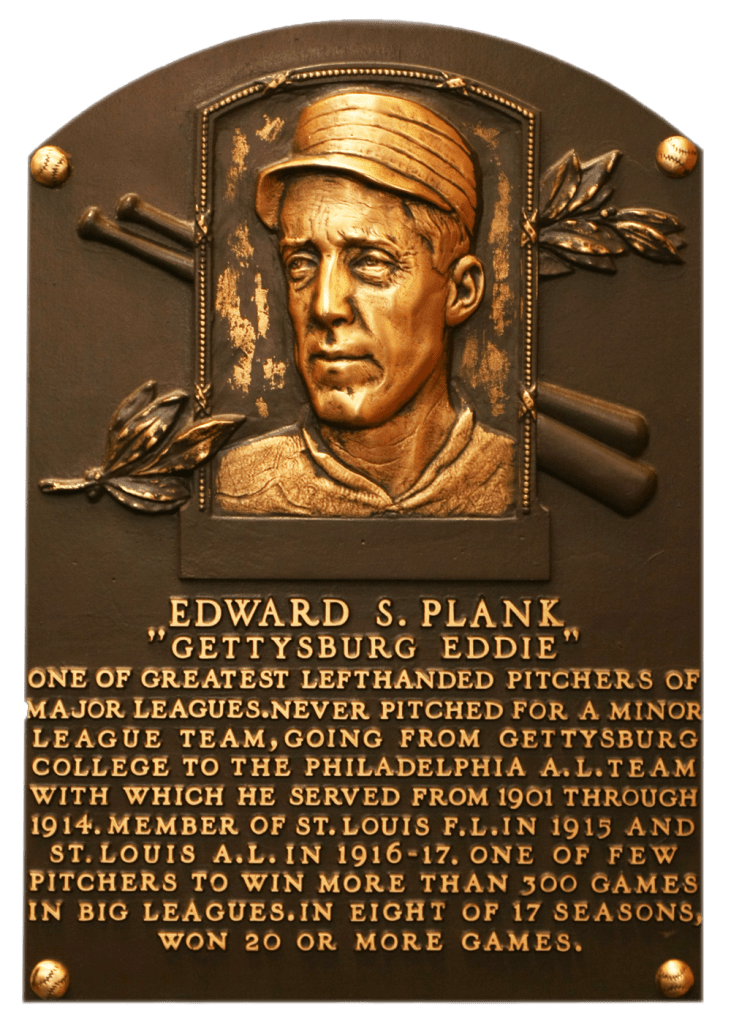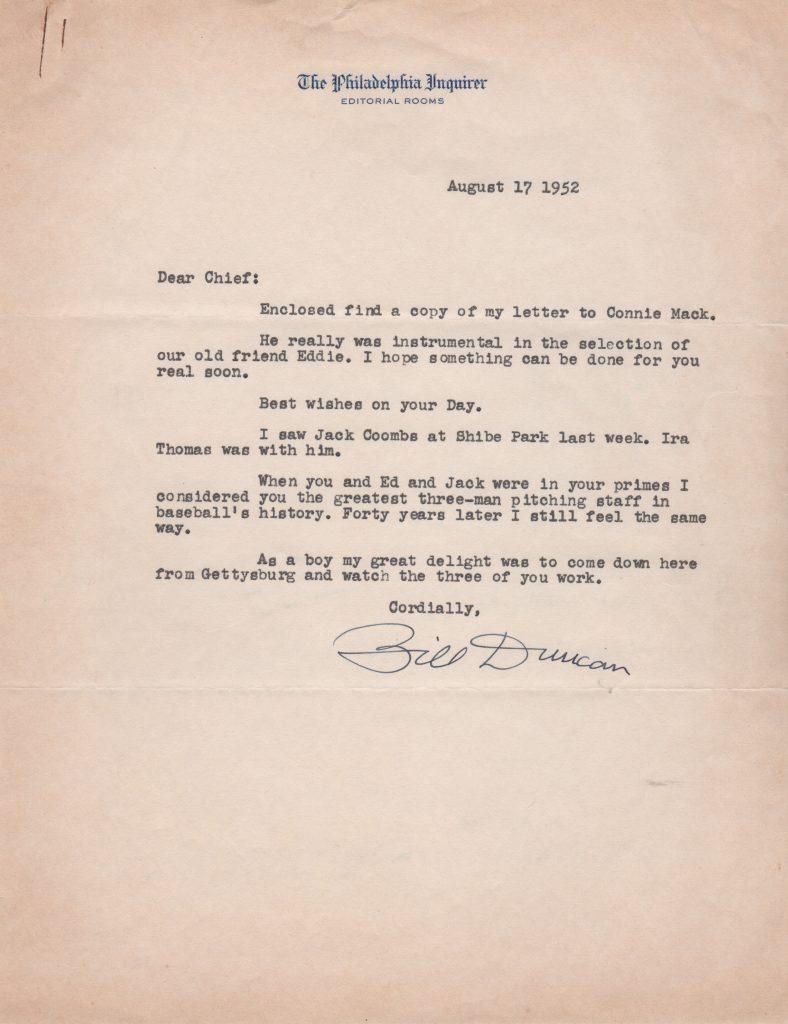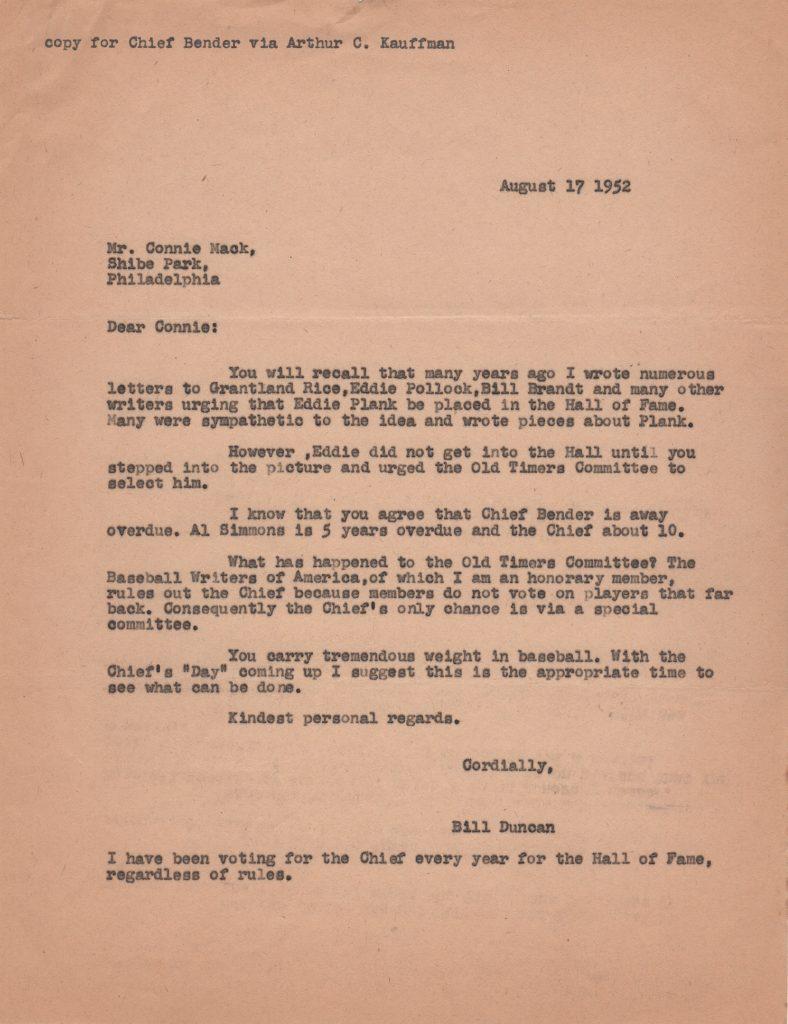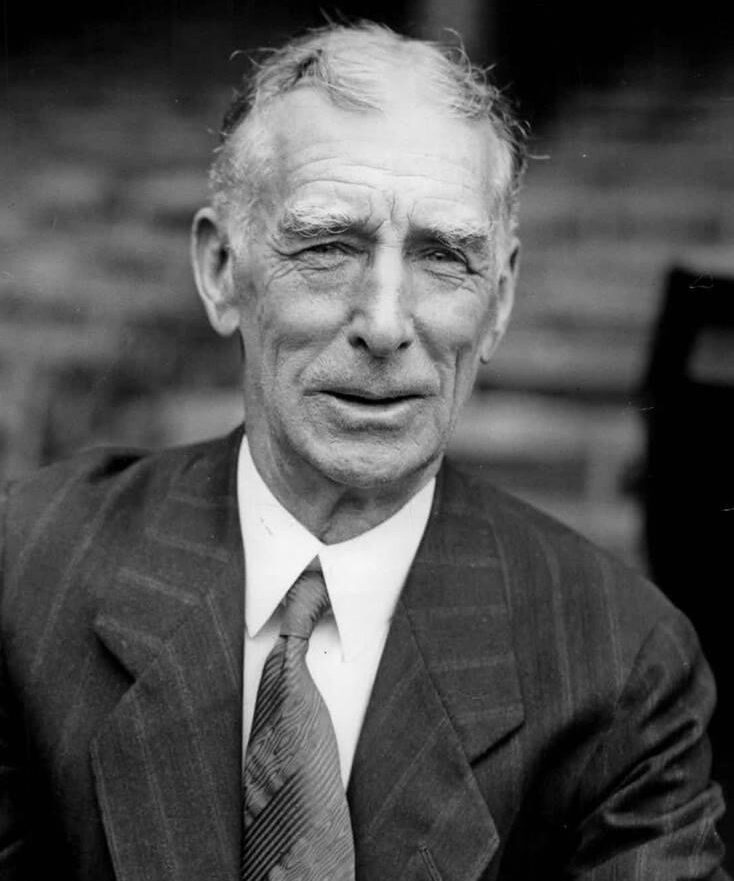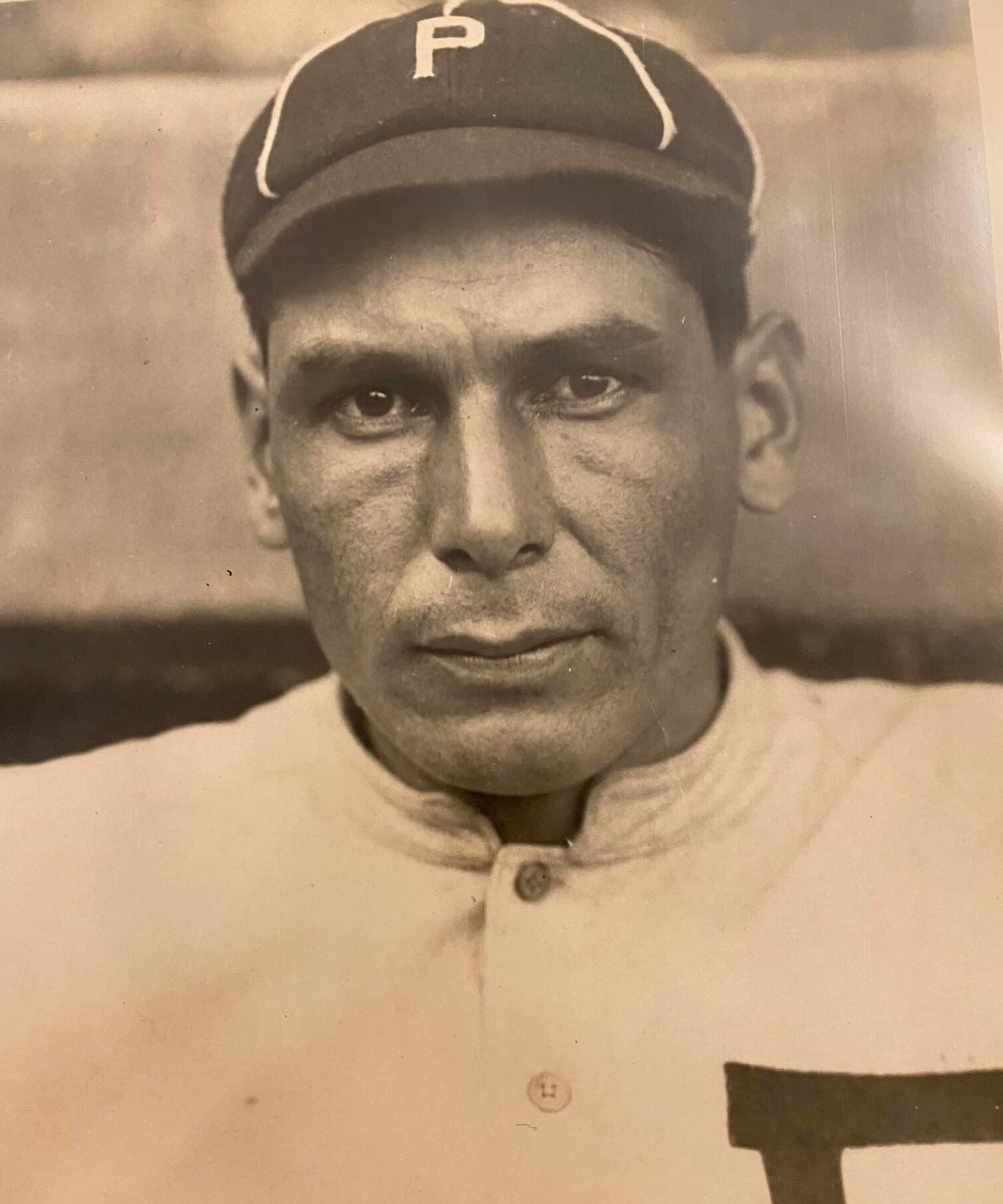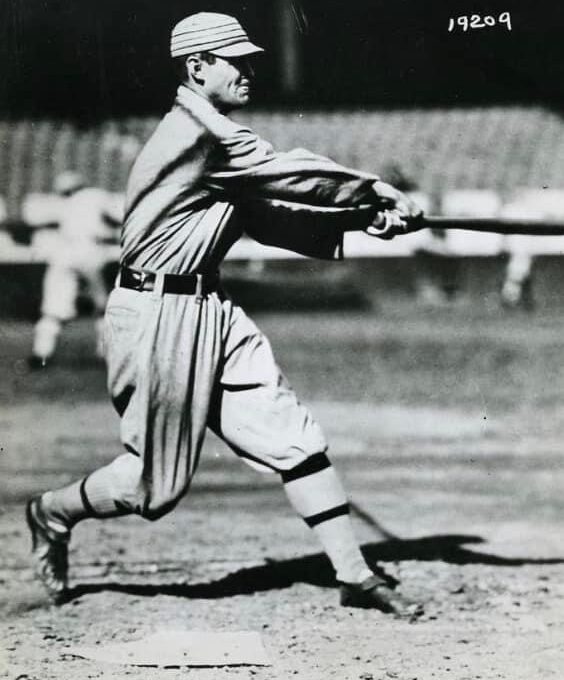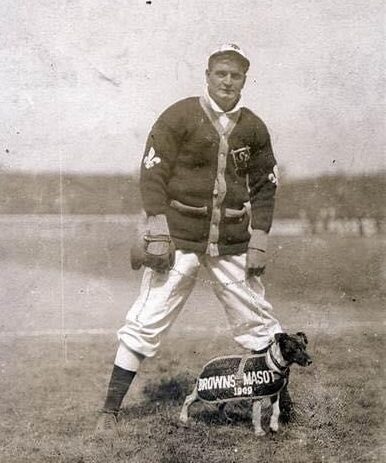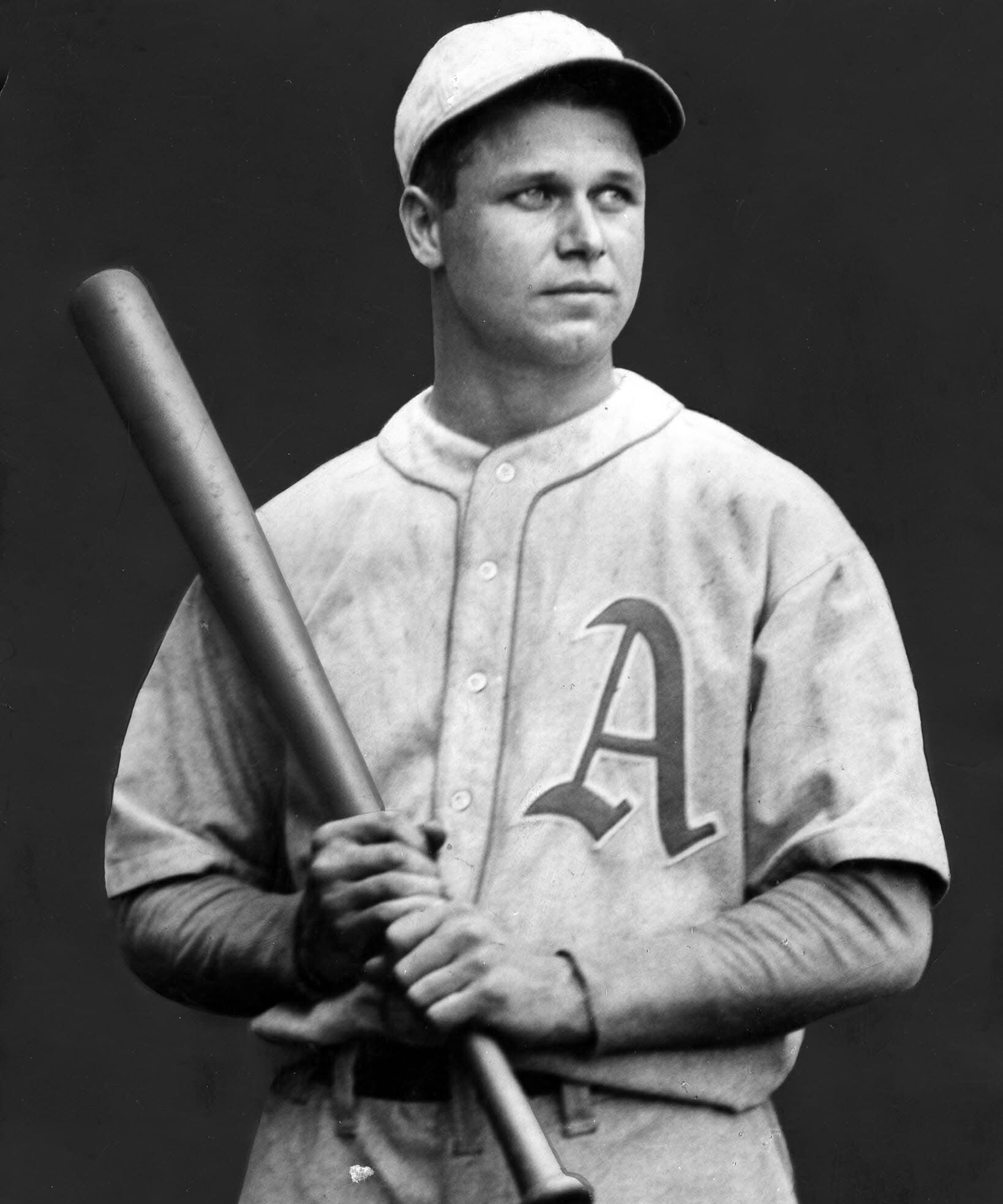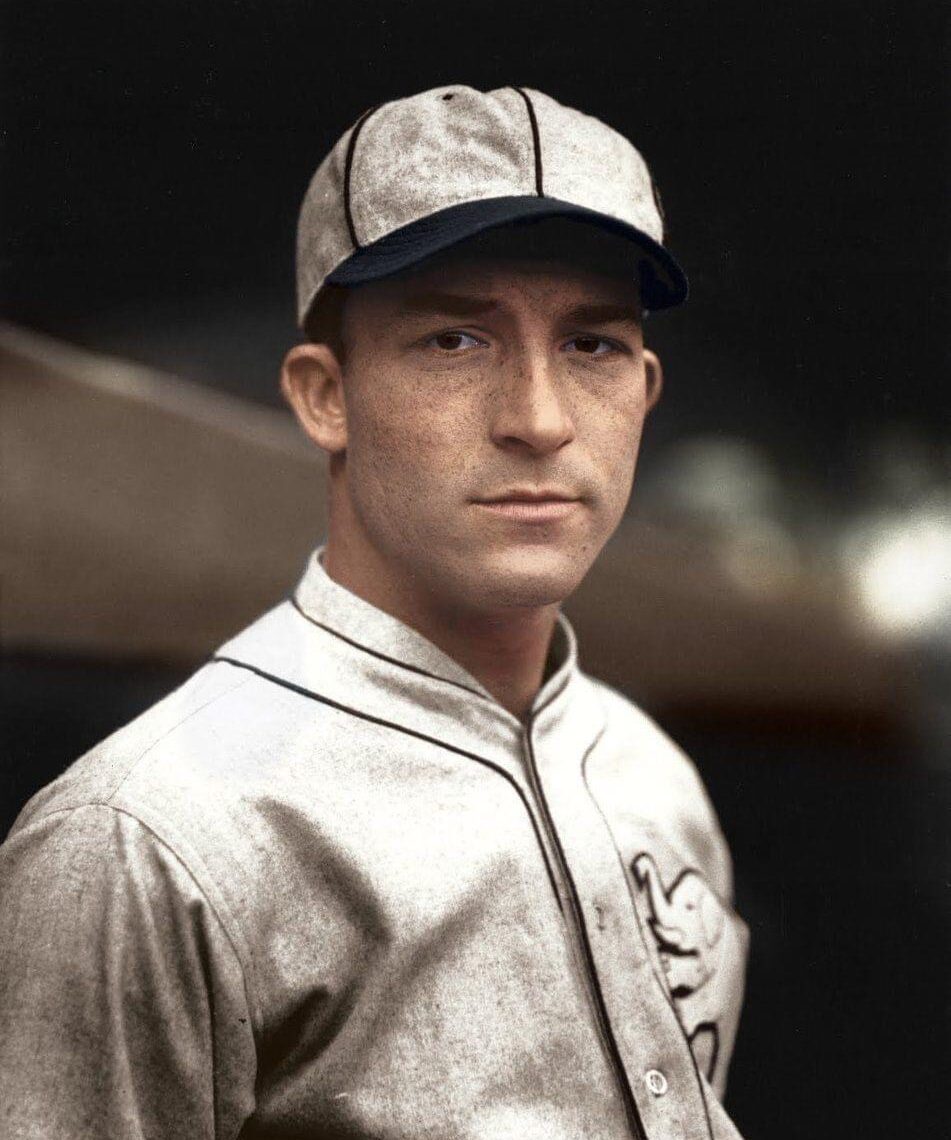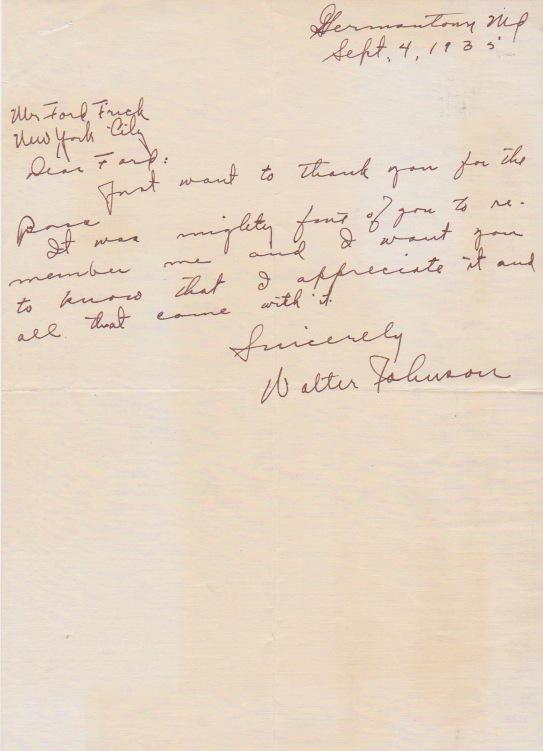
Eddie Plank’s 17-year big league career came to an end on August 7, 1917. Pitching for the St. Louis Browns the first southpaw to win 300 games faced off against Walter Johnson.
Twenty-five days before his 42nd birthday, Plank was masterful. Locked in a pitcher’s duel with the Big Train, Plank allowed just three hits through the first nine innings. Meanwhile Johnson stifled the Browns offense, holding them scoreless as well.
In the 10th inning both hurlers retired the side in order. After Johnson posted another 1-2-3 inning in the 11th, Plank returned to the mound for the bottom half of the frame.
Eddie Ainsmith led off by drawing a walk. In a sacrifice attempt, Plank’s counterpart Johnson popped out to first. Horace Milan then laced his second hit of the game in the 5-6 hole to advance Ainsmith to third. Washington second baseman Eddie Foster ended the game with a single up the middle to secure the walk-off victory.
Plank’s 5-hit 10 1/3 inning performance was his in a big league uniform.
Shown here is a handwritten letter from Walter Johnson to Hall of Fame executive Ford Frick. Johnson thanks the then-NL president for awarding him a lifetime pass.
